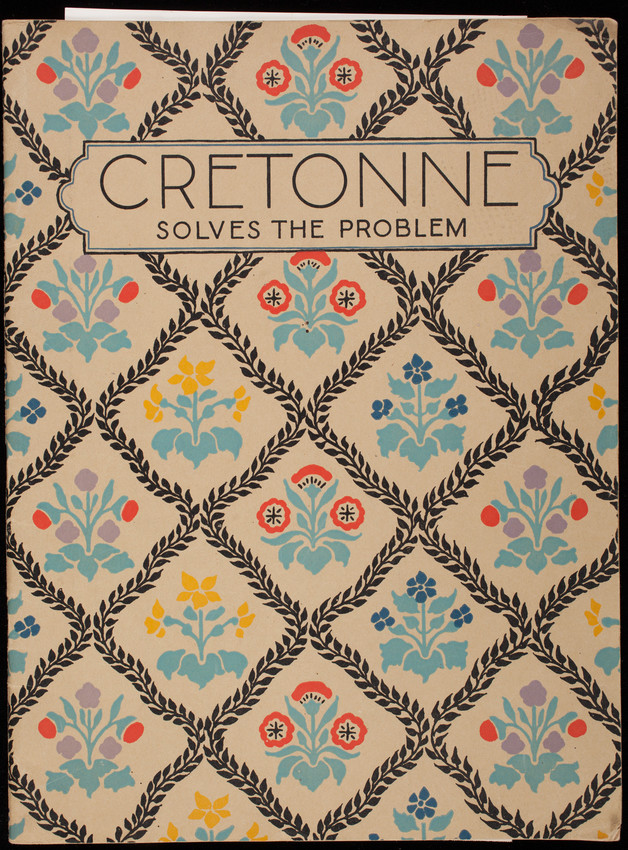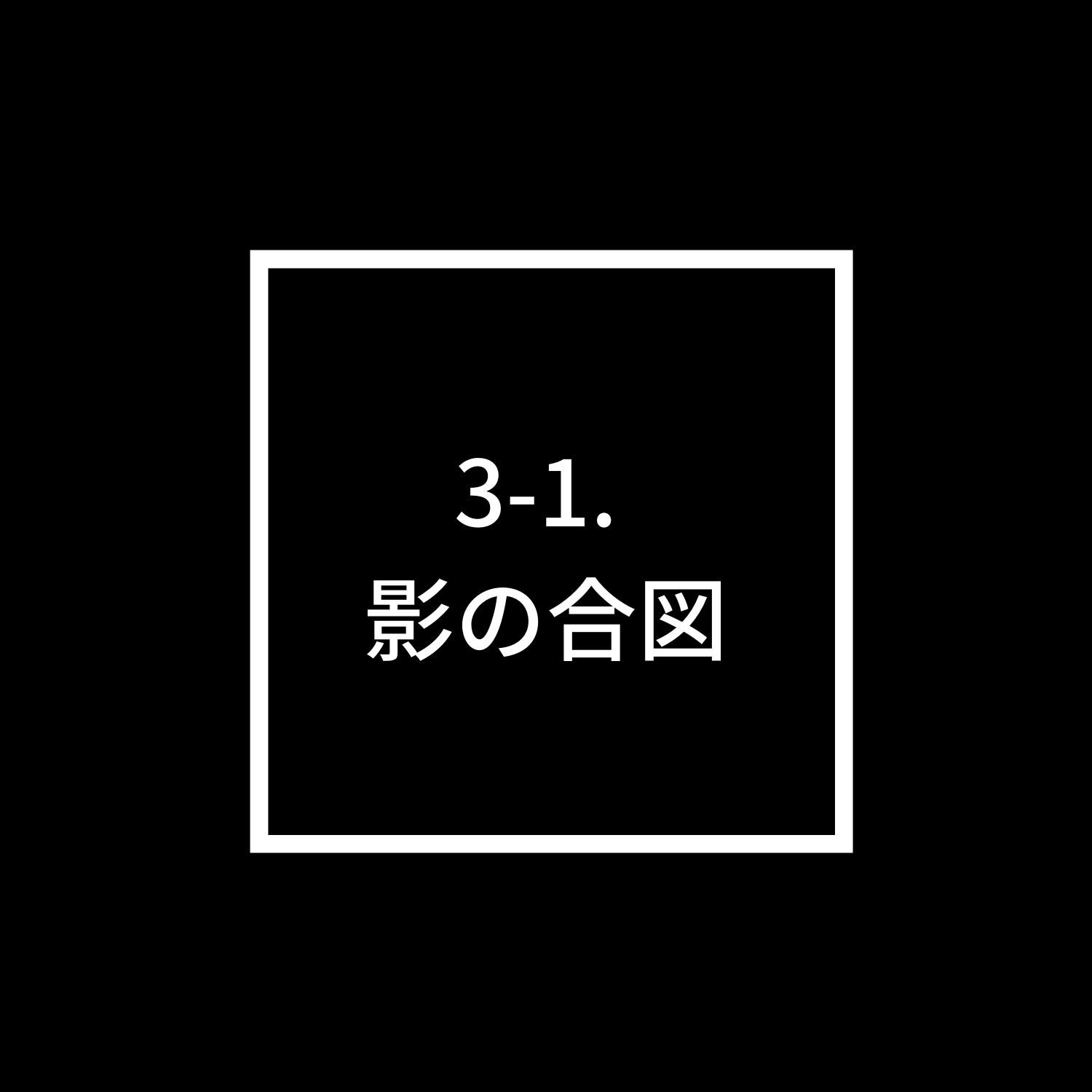『ルパンの告白』英文/和訳【3-1. 影の合図】
※カラフル対訳で紹介している作品はすべてパブリックドメインです。
このサイトで使われている作品のすべては著作権の切れた名作などの全文を電子化して、インターネット上で公開しているProject Gutenberg(プロジェクト・グーテンベルク)、LibriVox(リブリヴォックス、朗読図書館)の作品を出典としています。
翻訳者:kie_takazawa
“I received your telegram and here I am,” said a gentleman with a grey moustache,
「電報を受け取ったのでやって来たよ」と灰色の口ひげを生やした紳士が言った。
who entered my study, dressed in a dark-brown frock-coat and a wide-brimmed hat, with a red ribbon in his buttonhole.
僕の書斎に入ってきた紳士は、ダークブラウンのフロックコートとつばの広い帽子を身にまとい、ボタン穴に赤いリボンをつけていた。
“What’s the matter?”
「どうしたんだね?」
Had I not been expecting Arsène Lupin, I should certainly never have recognized[認知する] him in the person of this old half-pay officer:[引退し報酬の半額を受け取る軍人]
アルセーヌ・ルパンが来るのを待【つ】っていたのではなかったら、この年老いた退役軍人がルパンだとは決して分からなかっただろう。
“What’s the matter?” I echoed.
「どうしたのかって…」と僕は繰り返した。
“Oh, nothing much: a rather curious coincidence, that’s all. And, as I know that you would just as soon clear up a mystery as plan one….”
「大したことではないんだ。奇妙な偶然の一致なんだよ。それだけさ。君は謎を作り上げるのと同じくらい早く謎を解き明かすだろう…」
“Well?”
「それで?」
“You seem in a great hurry!”
「ずいぶん急いでいる様子だね」
“I am … unless the mystery in question is worth putting myself out[面倒なことを引き受ける] for. So let us get to the point.”[要点]
「そうさ…問題の謎が私自身が引き受ける価値があるものじゃない限りはね。さあ、本題に入ろうじゃないか」
“Very well. Just begin by[初めに(まず)~する] casting your eye on[目を向ける] this little picture, which I picked up, a week or two ago, in a grimy old shop on the other side of the river.
「いいだろう。まず、この小さな絵を見てくれないか、この絵は1、2週間前に川の向こう岸の薄汚れて古びた店で僕が見つけたんだ」
I bought it for the sake of[~のために] its Empire frame,[帝政様式,直線的でシンプルなデザインの額] with the palm-leaf ornaments on the mouldings[molding] … for the painting is execrable.”[忌まわしい, 実にひどい]
「僕はシュロの葉の装飾が形どられている額が欲しくて買ったんだ…絵はひどいもんさ」
“Execrable, as you say,” said Lupin, after he had examined it, “but the subject[主題] itself is rather nice.
「確かに、ひどいもんだな」とルパンは調べてから言った。「でも、描かれている場所自体はなかなかいい。
That corner of an old courtyard, with its rotunda[丸屋根のある建物] of Greek columns, its sun-dial and its fish-pond
「古い中庭の隅には、ギリシア風の円柱があるロタンダ、日時計と養魚池、
and that ruined well with the Renascence roof and those stone steps and stone benches: all very picturesque.”
ルネサンス様式の屋根と石畳、石造りのベンチは良い感じに朽ちていて、どれも趣のある光景だ」
“And genuine,” I added.
「それに本物だしな」僕は付け足して言った。
“The picture, good or bad, has never been taken out of its Empire frame.
「この絵が良かろうと悪かろうと、額から取り出されたことはない。
Besides, it is dated….
その上、日付が書かれているんだ…。
There, in the left-hand bottom corner: those red figures, 15. 4. 2, which obviously stand for 15 April, 1802.”
ほら、左下隅にある赤い数字の15.4.2は、明らかに1802年4月15日を表している」
“I dare say … I dare say…. But you were speaking of a coincidence and, so far, I fail to see….”
「おそらく…そうだろうな…。しかし、君は偶然の一致と言っているが、今のところそれらしきものは私には見えないが…」
I went to a corner of my study,
僕は書斎の隅に行って、
took a telescope, fixed[固定する] it on its stand and pointed it, through the open window, at the open window of a little room facing my flat, on the other side of the street.
望遠鏡を持ち、台の上に取りつけ、開いた窓から通りの反対側にある僕のアパートに面した小さな部屋の開いている窓に向けた。
And I asked Lupin to look through it.
そしてルパンに覗いて見るように言った。
He stooped forward.
彼は前かがみになった。
The slanting rays of the morning sun lit up the room opposite,
朝日の斜めからさしこむ光が反対側の部屋を照らし、
revealing[現れる] a set of mahogany furniture, all very simple, a large bed and a child’s bed hung with cretonne curtains.
マホガニーの家具一式が見える。すべてとても簡素で、大きなベッドとクレトン生地 のカーテンがかかった子ども用のベッドがあった。
のカーテンがかかった子ども用のベッドがあった。
“Ah!” cried Lupin, suddenly. “The same picture!”
「ほう!」と突然ルパンが叫んだ。「同じ絵だ!」
“Exactly the same!” I said. “And the date: do you see the date, in red? 15. 4. 2.”
「まったく同じなんだ!」と僕は言った。「それに日付が…日付が見えるかい?赤文字で15.4.2と」
“Yes, I see…. And who lives in that room?”
「ああ、見える…。あの部屋には誰が住んでいるんだね?」
“A lady … or, rather, a workwoman, for she has to work for her living … needlework, hardly enough[十分ではない] to keep herself and her child.”
「ご婦人…いや、女性労働者といった方がいいかな、生活のために働かなくてはならないのだから…裁縫でかろうじて自身と子供を養っているようなもんだ。
“What is her name?”
「彼女の名前は?」
“Louise d’Ernemont…. From what I hear, she is the great-granddaughter of a farmer-general who was guillotined during the Terror.”
「ルイーズ・ デルヌモン …。僕が聞いたところでは、彼女は(フランスの)恐怖時代にギロチンにかけられた徴税請負人のひ孫らしい」
“Yes, on the same day as André Chénier,” said Lupin.
「そうだ、アンドレ・シェニエ[詩人:国家反逆罪で処刑された]と同じ日だ」とルパンは言った。
“According to the memoirs of the time, this d’Ernemont was supposed to be a very rich man.”
「その当時の記録によると、このデルヌモンはとても金持ちのはずだったはずだ」
He raised his head and said, “It’s an interesting story…. Why did you wait before telling me?”
ルパンは頭を上げて言った「面白い話じゃないか…。どうして今まで話さなかったんだね?[どうして私に話す前に間を置いたのか]」
“Because this is the 15th of April.”
「今日は4月15日だからさ」
“Well?”
「それで?」
“Well, I discovered yesterday—I heard them talking about it in the porter’s box—that the 15th of April plays an important part in the life of Louise d’Ernemont.”
「昨日知ったんだがー門衛所でポーターたちが話していたんだ―4月15日がルイーズ・ダルネモンの人生において重要な役割を果たしているっていう事をね」
“Nonsense!”
「ばかな!」
“Contrary to[反して] her usual habits,
「いつもの彼女の習慣と違う事があるんだ。
this woman who works every day of her life, who keeps her two rooms tidy, who cooks the lunch which her little girl eats when she comes home from the parish school …
普段彼女は毎日仕事に出かけ、2つの部屋をきれいに保ち、小さな女の子が教区学校[宗教団体に所属する私立の小中学校]から帰った時に食べる昼食を作っておくんだが…。
this woman, on the 15th of April, goes out with the child at ten o’clock in the morning and does not return until nightfall.
4月15日は、朝の10時に子供と外出し、夕暮れまで戻ってこないんだ。
And this has happened for years and in all weathers.
どんな天気だろうが、何年も続いているんだ。
You must admit[認める] that there is something queer about this date which I find on an old picture,
君だって、僕が古い絵で見つけたこの日付が不思議だと思うだろう?
which is inscribed on another, similar picture and which controls[動きを支配する] the annual[例年の, 年一回の] movements of the descendant of d’Ernemont the farmer-general.”
あのそっくりな絵にも(同じ日付が)刻まれ、徴税請負人デルヌモンの子孫が毎年きまって外出することに関わっているんだからね」
“Yes, it’s curious … you’re quite right,” said Lupin, slowly. “And don’t you know where she goes to?”
「そうだね、興味深いね…君の言う通りだ」ルパンはゆっくりと言った。「彼女がどこに行くかは知らないのかね?」
“Nobody knows. She does not confide in a soul. As a matter of fact, she talks very little.”
「誰にも分からないんだ。彼女は誰も心からは信用【する】しないんだ。実のところ、彼女はほとんど話もしないそうだ」
“Are you sure of your information?”
「君の情報は確かかね?」
“Absolutely. And the best proof of its accuracy[正確さ, 的確さ] is that here she comes.”
「もちろん。それが確かだという最も良い証拠は…ほら彼女が出て来たことさ」
A door had opened at the back of the room opposite, admitting[認める] a little girl of seven or eight, who came and looked out of the window.
向かいの部屋の奥のドアが開き、7歳か8歳くらいの少女が出て来て窓の外を眺めているのが見えた。
A lady appeared behind her, tall, good-looking still and wearing a sad and gentle air.
その少女の後ろに、背が高くまだ美しくて、悲しげだが優しそうな雰囲気の女性が現れた。
Both of them were ready and dressed, in clothes which were simple in themselves,
二人とも用意ができていて、質素な身なりの服装をしていたが、
but which pointed to a love of neatness[きちんとしたものを好み] and a certain elegance on the part of the mother.
しかし母親はこぎれいに装い、ある種の優雅さを持っていた。(~ことを示していた)

